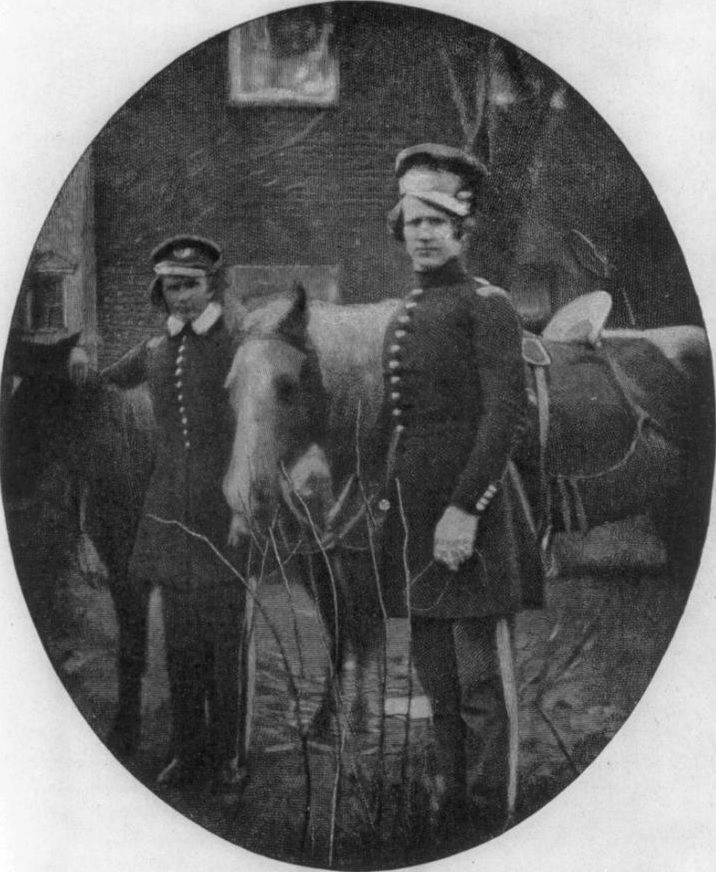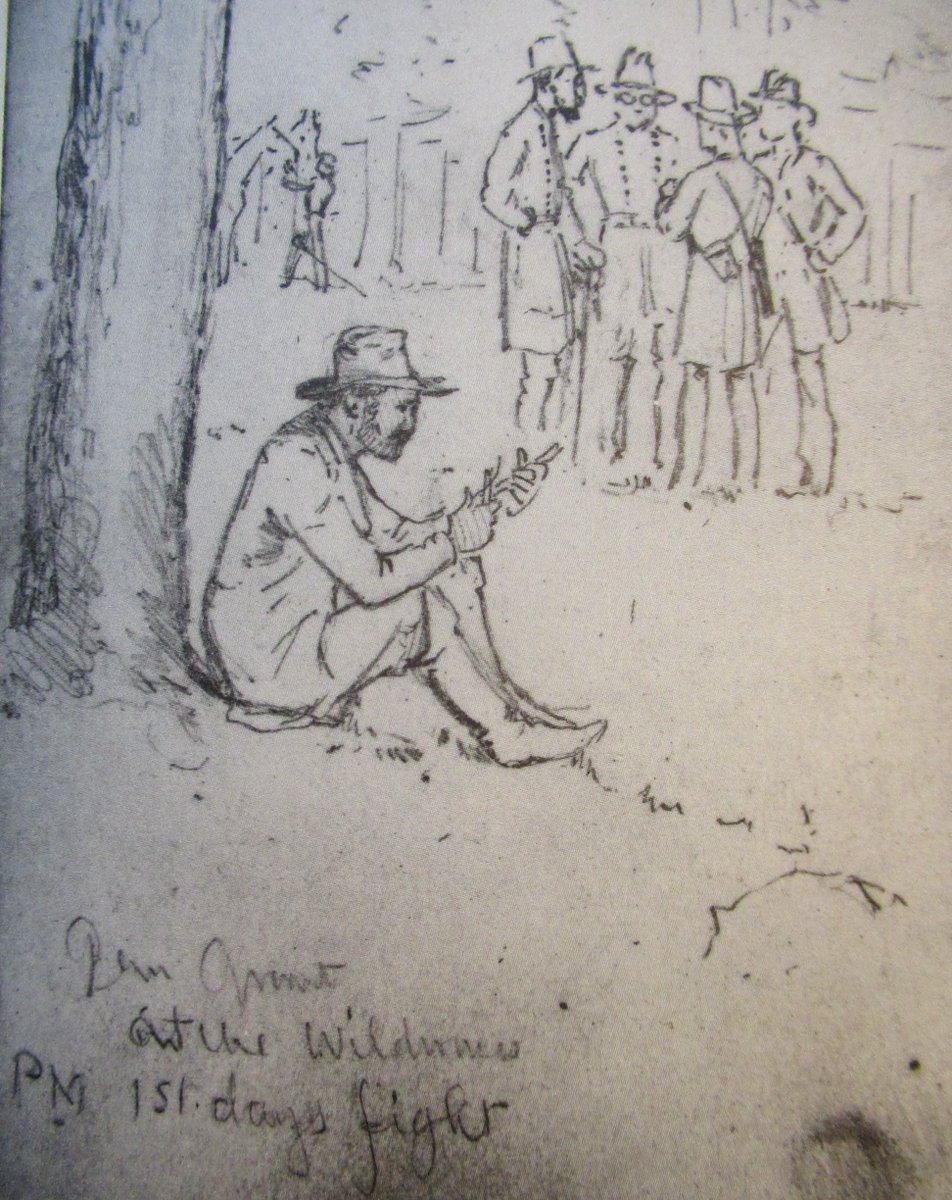
I am tired of people who have spent most or all of their life on the West Coast telling me about what's East Coast.
Especially when what they really mean is LA versus NY. Even then they aren't right.
Especially when what they really mean is LA versus NY. Even then they aren't right.
Somehow they forget the East Coast includes New England, Florida, and the Carolinas (for starters), and that the West Coast includes the Pacific NW (no word on Alaska and Hawaii).
Where's Arizona's coast? Yuma? Silence.
Where's Arizona's coast? Yuma? Silence.
This came up with the term BBQ/barbecue/barbeque.
I said the words (as spoken) could mean a number of things, including nouns and verbs.
Oh no, said the self-pronounced authorities hailing from the West Coast, at least in their imagination.
I said the words (as spoken) could mean a number of things, including nouns and verbs.
Oh no, said the self-pronounced authorities hailing from the West Coast, at least in their imagination.
It is a means of food preparation, they insisted. It was never a sandwich. Or an event. Or the device used to prepare food.
Let's not even go into the multiple renderings of the word and why that's important.
Let's not even go into the multiple renderings of the word and why that's important.
Pointing out that there were different BBQ sandwiches/sauces/regional names for various versions (Carolina, Texas, Tennessee, and KC, to name a few) was useless, as was my attempt to remind the geographically-challenged that many of these places were not "East Coast."
This is nothing more than southern California-inspired cancel culinary culture that is ironically very unwoke.
Such intolerance for diversity should not be allowed to go unchallenged. The word as spoken is a noun, a verb, and an adjective, depending on context and purpose.
Such intolerance for diversity should not be allowed to go unchallenged. The word as spoken is a noun, a verb, and an adjective, depending on context and purpose.
Note: this discussion was limited to sandwiches. You don't think I would expand it to ribs or anything else, would you? Nor did I mention the word grill in any of its contexts.
Baby steps.
Baby steps.
• • •
Missing some Tweet in this thread? You can try to
force a refresh






